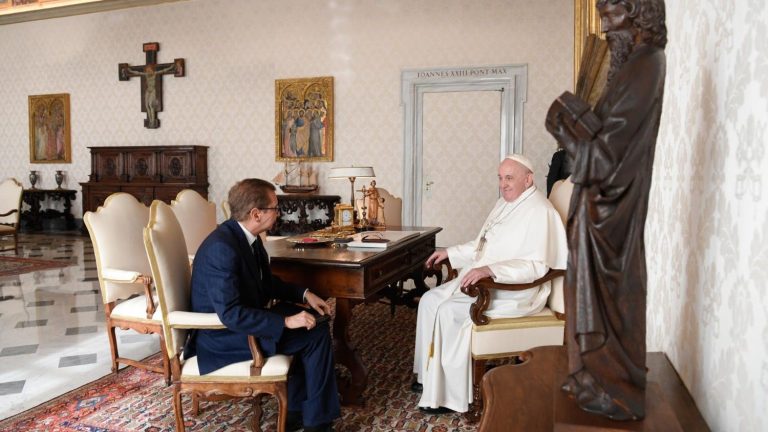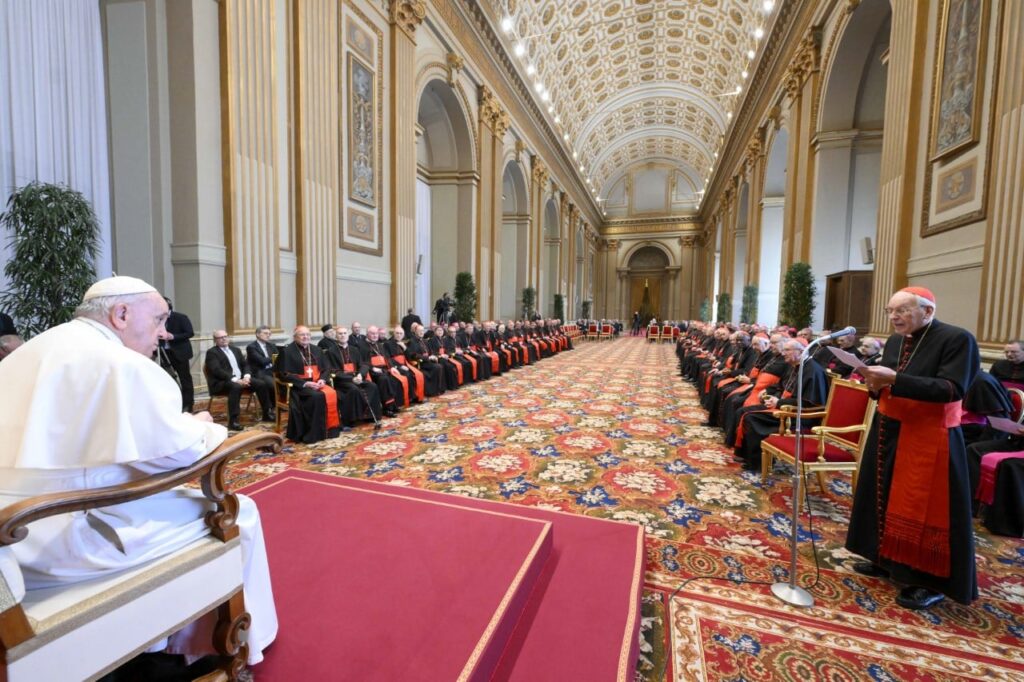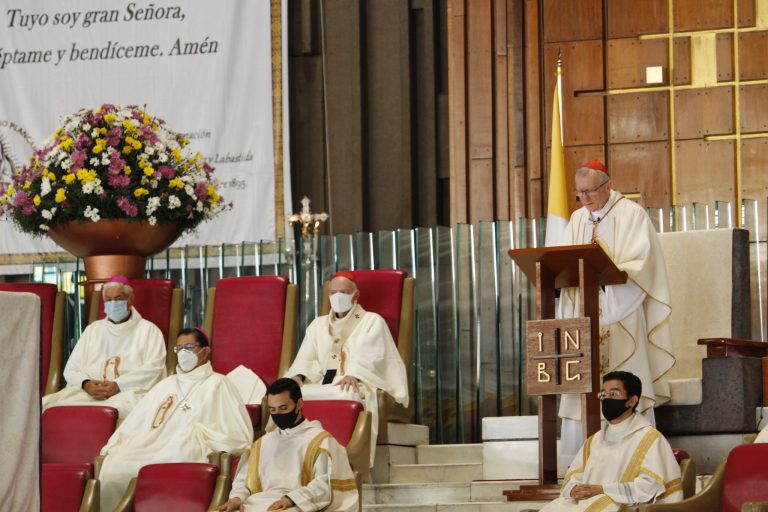Alessandro Cassinis Righini Appointed Vatican’s Auditor General
By Pope Francis

Pope Francis appointed Alessandro Cassinis Righini Auditor General. To date he has been Auditor General ad interim, reported the Holy See Press Office on May 5, 2021.
Alessandro Cassinis Righini
The new appointee was born in Rome on December 29, 1965. He obtained a Licentiate in Economics and Commerce from Rome’s La Sapienza University and a Master’s in Business Administration from the School of Administration of Milan’s Bocconi University. He is married and has three children.
Cassinis taught Strategic Management in La Sapienza University and in the Guido Carli Free International University of Social Studies. Following a stint in the European Commission, he was a researcher in the Social Investments Studies Center Foundation. Then he worked as Management Consultant for Braxton Associates in London and for the Deloitte Group. He is author of numerous articles on Management Control and Normative Economy. In March of 2016 he was appointed Assistant Auditor and since June of 2017 has held the position of acting Auditor General.
Office of the General Auditor
As the Vatican official profile of this Office indicates, through the Apostolic Letter issued on February 24, 2014, as the Motu Proprio “Fidelis Dispensator et Prudens, Pope Francis entrusted to the Auditor General the task of auditing the Dicasteries of the Roman Curia, the institutions linked to the Holy See or related to it, and the administrations of the Governorate of Vatican City State.
In addition to carrying out with autonomy and independence the financial audits of the Holy See’s entities and of Vatican City State, the Auditor General’s Office serves as Anticorruption Authority in keeping with the Merida Convention in force for the Holy See and Vatican City State since October 19, 2016.
The Auditor General’s Office also carries out audits of particular situations regarding anomalies in the use or attribution of financial or material resources; irregularities in the concession of acquisitions or the execution of transactions or transfers and acts of corruption or fraud. In such situations, the Auditor General receives reports of individuals who are familiar with these anomalies in the exercise of their functions, and protects their identity, analyzes the information and presents a report to the corresponding Commission (Whistleblowing).
The Auditor General relates functionally with the Council of Economy to which he submits his annual audit plan for its consideration and approval, as well as the annual report of his activities.
 (EN)
(EN)
 (ES)
(ES)
 (IT)
(IT)




